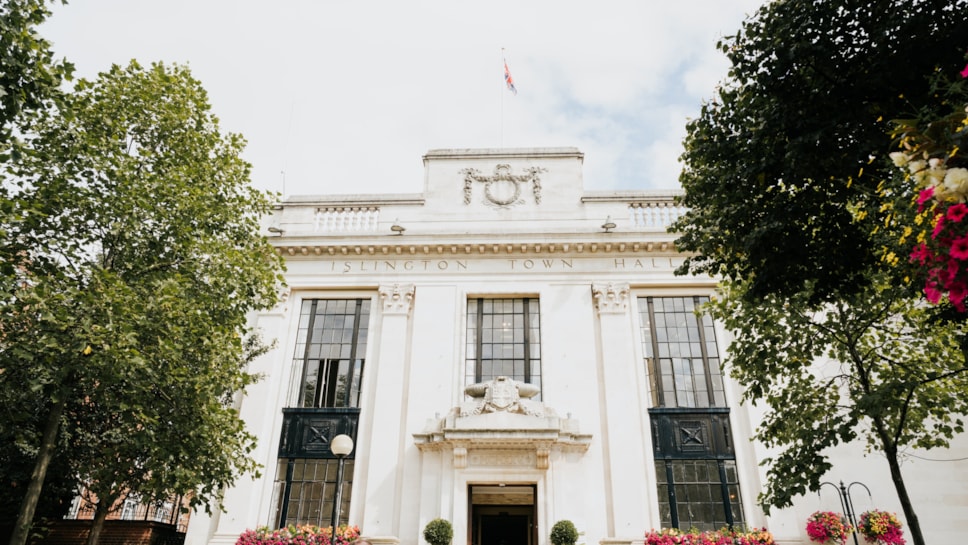
‘Impractical and poorly developed’ equalities guidance risks discrimination, council warns
Proposed new rules on how organisations should implement equality laws risk discrimination against the people they are designed to protect, the council has warned.
The warning was set out in the council’s response to the Equalities and Human Rights Commission’s consultation on changes to its Code of Practice following the Supreme Court’s ruling on the definition of sex in the Equality Act.
In its response, published yesterday (Monday, 30 June), the council stated that guidance that staff should check people’s sex at birth before allowing them to access single-sex spaces or services was completely impractical and was at odds with their right to privacy and to be free from harassment.
This would create a climate of suspicion and a high risk of discrimination or harassment against service users who don’t conform to specific modes of gender expression – compounded by the potential that other service users take responsibility for challenging others who are perceived to be trans, the council said.
Describing the proposed new rules as “botched”, the council also criticised the length of the six-week consultation, which left little time for the consideration of complex legal issues and for the voice of affected communities to be heard.
Cllr Sheila Chapman, Executive Member for Equalities, Communities and Inclusion, said: “When the body responsible for preventing discrimination is suggesting we should check everyone’s birth certificates before they use the bathroom, it’s time for them to pause and think again.
“This rushed and contradictory proposed guidance would risk both the harassment of trans people and anyone who doesn’t conform to gender stereotypes – putting them at risk of being forced to prove their biological sex when someone thinks they don’t look like what their idea of a woman should be.
“Islington will always be a place that stands up against discrimination and hate, and for the rights of minoritised communities. We know how painful this process has been for trans people.
“Expecting reception staff in a busy leisure centre or a domestic violence service to determine whether someone is trans, without subjecting them to harassment or breaching their right to privacy, is not practical. It risks legal confusion and a culture of suspicion.
“That’s why we have called for the EHRC to pause this botched process – properly listening to trans communities – rather than simply causing further confusion.”
Other criticisms in the response included the expectation that, with limited resources and existing infrastructure, it was realistic to be able to provide additional spaces or services for trans people to use in every situation as expected by the guidance.
Contact information
If you are a member of the public with a general question about the council please view the contact information on our website or call 020 7527 2000.
